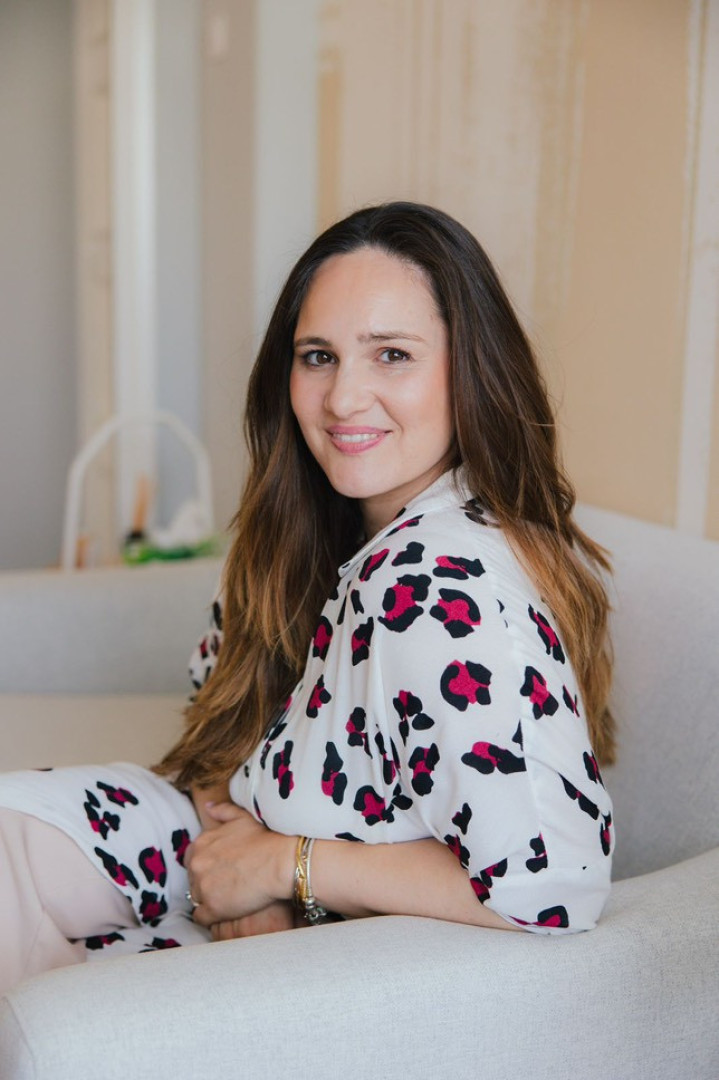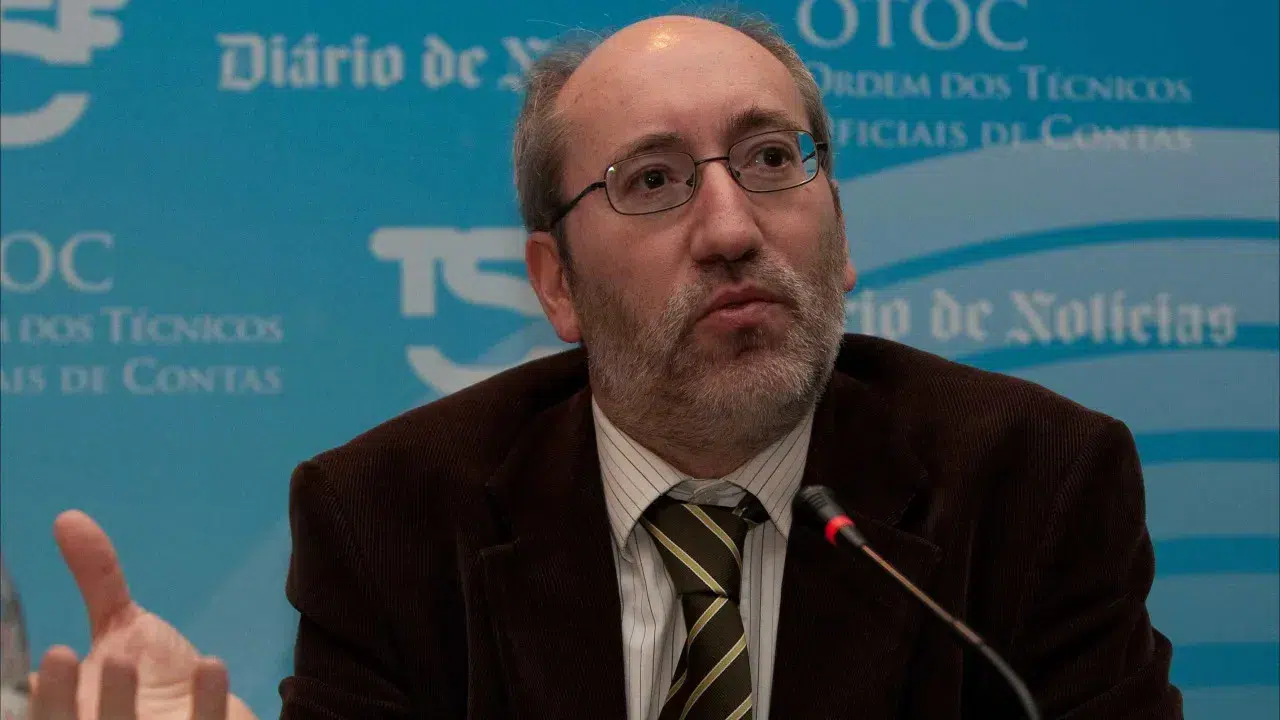Filipa Maló Franco, a specialist in perinatal psychology, has voiced significant concerns over the latest labor law proposals put forward by the government. Advocating for the rights of infants, breastfeeding, and family well-being, the psychologist has been inundated on social media with questions and worries from mothers alarmed by these potential legislative changes.
Filipa, who is also a mother, argues that the proposed measures “go against the rights of children and families” and lead to a society focused on productivity and economics rather than what is essential for child development.
A vocal opponent of the government’s announcements, Filipa Maló Franco criticizes a recent interview given by the Minister of Labor, Solidarity, and Social Security regarding alleged abuses of breastfeeding-related parental leave. She claims this reflects the minister’s “ignorance” on the subject and insists that the focus should be on “extending reduced working hours to all families with children up to three years old”, regardless of whether mothers breastfeed or not.

Policies Promote “Premature Weaning” and Harm Babies
One of the proposals presented on July 24, as part of the draft labor law reform, seeks to cut the maximum reduced working hours for breastfeeding mothers to two years. It also introduces the requirement for a medical certification of breastfeeding immediately after birth, which was previously only mandatory after the first year.
“These new policies ultimately clash with the rights of children, babies, and families”, Filipa critiques, highlighting that the “first thousand days of a baby’s life are crucial for development” and cautioning that society is “ignoring or unwilling to recognize the impact these policies have on our babies’ lives.”
Filipa underscores that without a culture driven toward weaning, the average age at which children stop breastfeeding is 3.5 years, potentially extending to six years. This perspective contrasts with Western society, which often encourages formula feeding early on, combined with inadequate parental leave.
Reflecting on the broader implications, Filipa points out the need to discuss not just breastfeeding, but the “right for families to be with their children.”
“I Believe the Minister’s Remarks Stem from Ignorance”
The debate over the proposed government measures has been fueled by an interview given by the Minister of Labor, Social Solidarity, and Social Security this past weekend, where she claimed there is “abusive exercise” of the right to reduced working hours for breastfeeding mothers, with “children seemingly still being breastfed to secure reduced working hours […] until they enter primary school.”
The minister’s comments sparked backlash, particularly from women’s advocacy groups, who called out Maria do Rosário da Palma Ramalho’s “disinformation” as profoundly troubling.
Filipa Maló Franco shares this view, suggesting the minister’s statements were due to “ignorance.” “Breastfeeding is not just about sustenance; it’s a relationship, comfort, connection, emotional regulation. The minister is unaware of this fact, which is why I believe she spoke out of ignorance.”
Filipa warns that society is trending towards a focus on productivity and economic priorities, neglecting what is crucial for child development. She insists families deserve the right to spend as much time as possible with their children, at least until they are three years old, noting duration of working hours is not solely linked to breastfeeding but involves the responsibilities of being a mother, woman, and worker.
“It involves maternal exhaustion, physical, mental, and psychological availability. We cannot overlook the immense workload mothers face. Parental burnout is often discussed, nearly blaming infants, but crucially it’s about the pressure on these women to be mothers, workers, and homemakers. That’s what exhausts a mother”, Filipa argues, emphasizing that beyond the six hours of work, time is spent commuting and handling childcare, meaning children spend up to 10 hours away from their primary caregivers, which significantly impacts their health.
The specialist in perinatal psychology points out the sorrow, anger, and widespread dissatisfaction stemming from the lack of family and child time. Stress levels are high, and claims that even so-called “happy” nurseries and early care environments are anything but pleasant in the crucial early years, lamenting that babies are potentially taken from homes at five months old into overstretched institutions run by overworked caregivers.
Abuses with Breastfeeding Leave? What About Abuses Against Mothers?
Filipa expresses alarm at the looming changes, underscoring that productivity doesn’t hinge on the amount of time spent cloistered in the workplace. She refers to various countries where high productivity levels are linked to flexible hours, reduced work hours, and even four-day work weeks.
She advocates for more flexible support measures for families and natality needs, like teleworking, reduced or flexible hours, and the option to choose workdays wherever possible. Importantly, the mandatory parental leave should be extended to at least six months post-birth.
Moreover, Filipa Maló Franco raises concerns about how authorities plan to regulate breastfeeding leave certifications, deeming it an “abuse of power” jeopardizing mothers, families, and healthcare professionals.
“What will they do, examine women’s breasts?” Filipa questions, challenging the minister to present the data she references.
“I understand there may be abuses, not of time itself, but cases where some women may avoid being with their children. However, that’s likely a minority,” she notes, asserting the reality observed in her practice starkly contrasts the government’s portrayal.
“I would love to have the figures the minister cites because the frequent reality is the opposite: these women, due to reduced hours, endure workplace abuse, discrimination, pressure, and bullying,” she asserts.
“Alarming.” Policy Undermines “Psychological and Emotional Well-being”
A further troubling aspect within the government’s proposal is the apparent “downplaying of families’ psychological and emotional domain,” insists the clinical psychologist. This is evidenced by another proposal aiming to eliminate paternal rights to gestational bereavement leave.
“It’s highly alarming,” Filipa remarks, explaining how this policy “diminishes the notion of longing by suggesting fathers shouldn’t experience sorrow.”
“A baby doesn’t exist solely on a physical plane; it has a mental dimension. There’s a dream of a baby that also dies”, she remarks, adding the necessity to grant equal regard to both men and women to avoid “discrimination.”
Considering how the Labor Minister’s interview felt, Filipa Maló Franco underscores a sentiment shared by many of being mere “numbers,” seen through a productivity lens rather than our humanity, acknowledging the difficult times faced by parents and babies.
“Does our country seem concerned with birth rates?” the specialist queries, expressing deep concern for the future: “I imagine having a baby now is incredibly challenging.”




